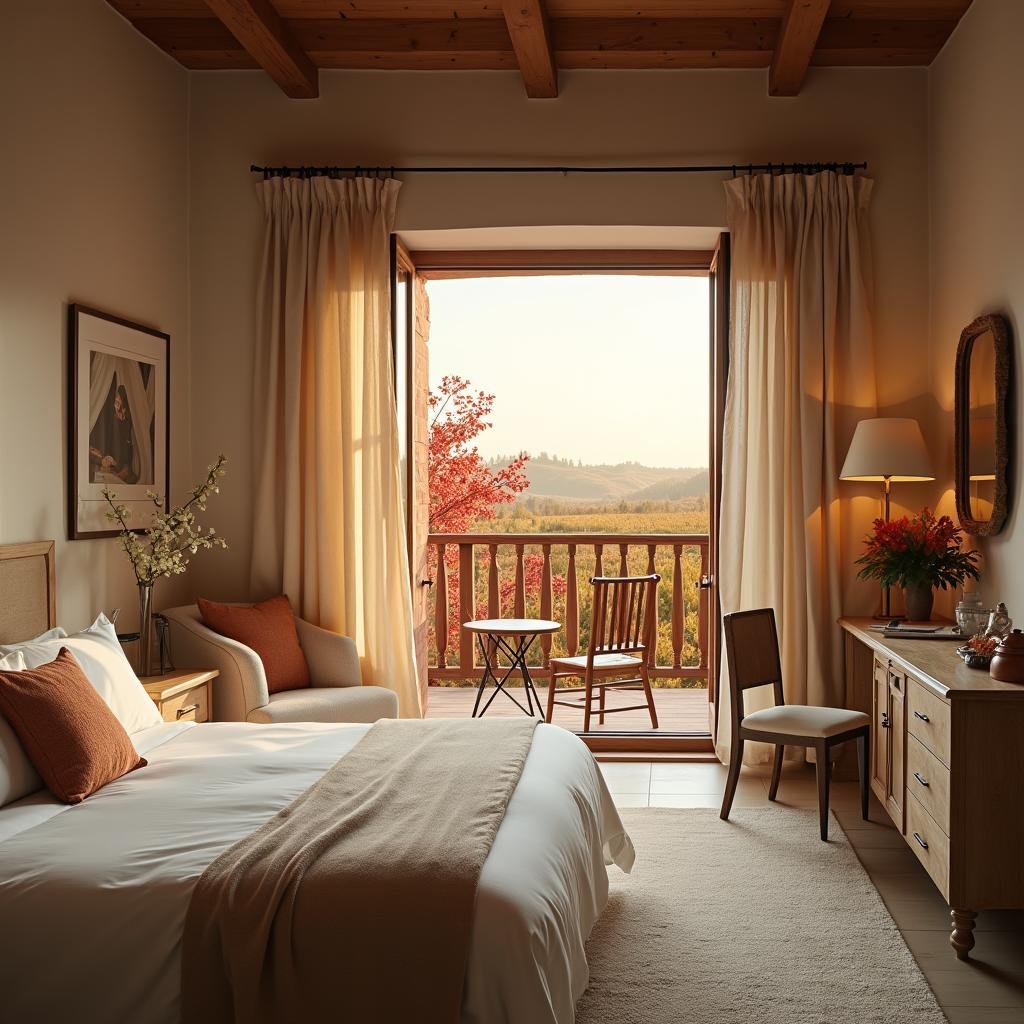When talking about Chilean wines, terms like “Reserva” and “Gran Reserva” inevitably surface. You’ll find them on supermarket shelves, wine menus, and elegant labels—often suggesting a promise of higher quality. But what do they actually mean? Are Chilean Reserva and Gran Reserva Wines truly backed by winemaking standards, or are they a persistent marketing myth? In this article, we explore this question through the voices of two respected professionals: winemaker Sven Bruchfeld Engel from Viña Polkura and viticulturist Felipe Marín of Viña Casa Marín.
The Origin of Chilean Reserva and Gran Reserva Wines: Myth or Quality Standard?
During the 1990s, Chile experienced a viticultural boom. New wineries emerged, eager to prove they could compete globally. That era introduced terms like “Reserva” and “Gran Reserva,” borrowed from countries like the U.S.—where the term holds informal prestige—and Spain, where it’s legally defined.
However, Chile took a looser approach. According to Sven Bruchfeld Engel, “Originally, the term ‘Reserva’ in Chile was intended to indicate superior quality. But without clear rules, it quickly lost its value.”
Chilean Law and the Use of Reserva and Gran Reserva Labels
What does Chilean legislation require for using “Reserva” or “Gran Reserva” on a wine label? In short: nothing concrete. Chilean wineries are free to use these terms as they wish. There was a brief period where a minimum alcohol content of 12% was required for a wine labeled “Reserva,” but that regulation was marginal and short-lived.
“Labeling a Chilean wine as Reserva or Gran Reserva today provides no reliable information about aging or quality,” says Sven. “It’s just a word on the label.”
Comparing Chilean Reserva and Gran Reserva Wines to Spanish Standards
Spain enforces strict rules: a Reserva must age at least one year in barrel and two in bottle; Gran Reserva must age two years in barrel and three in bottle. These are not suggestions—they are legal requirements.
During the Free Trade Agreement talks between Chile and the European Union, the right to use these terms was debated. “I hoped Chile would lose that debate,” Sven recalls. “But they didn’t.”
Felipe Marín’s Take on Chilean Reserva and Gran Reserva Wines
Winemaker Felipe Marín from Casa Marín offers a transparent perspective: “You can have a top-tier wine with no barrel aging and still call it ‘Reserva.’ It can be honest and high-quality.”
However, he warns that some wines labeled as Reserva or Gran Reserva use wood chips or staves to simulate barrel aging. “That’s deceptive and undermines trust in our wine industry,” he says. He emphasizes that these labels are not backed by technical regulations.
Marketing Power vs. Meaningful Labeling in Chilean Reserva and Gran Reserva Wines
Marketing plays a strong role. Slapping the word “Reserva” on a label makes it more attractive to consumers—even if the wine inside doesn’t match expectations. This has led many serious producers to abandon the term altogether.
Still, some wineries like Casa Marín and Laura Hartwig use the terms responsibly, applying true quality criteria and aging standards. “Very few wineries still use ‘Reserva’ and ‘Gran Reserva’ meaningfully, but they exist,” confirms Sven.
Should Chile Eliminate Reserva from Its Wine Labels?
It’s a provocative question—but many say yes. “Reserva” has become an empty term that confuses more than it clarifies. It may be time for Chilean wineries to communicate quality through terroir, winemaking technique, and authenticity.
What Can Wine Consumers Do?
Be proactive: read back labels, research the winery, and taste with an open mind. Just because a wine lacks a “Reserva” label doesn’t mean it’s inferior—and not all that bear the name are superior.
Final Thought: Chilean Reserva and Gran Reserva Wines—Myth or Quality Standard?
Ultimately, Chilean Reserva and Gran Reserva Wines often reflect a branding choice rather than a true indicator of quality. While a few wineries respect the terms, most do not. Real quality lives in the vineyard, the cellar, and ultimately—in the glass.








